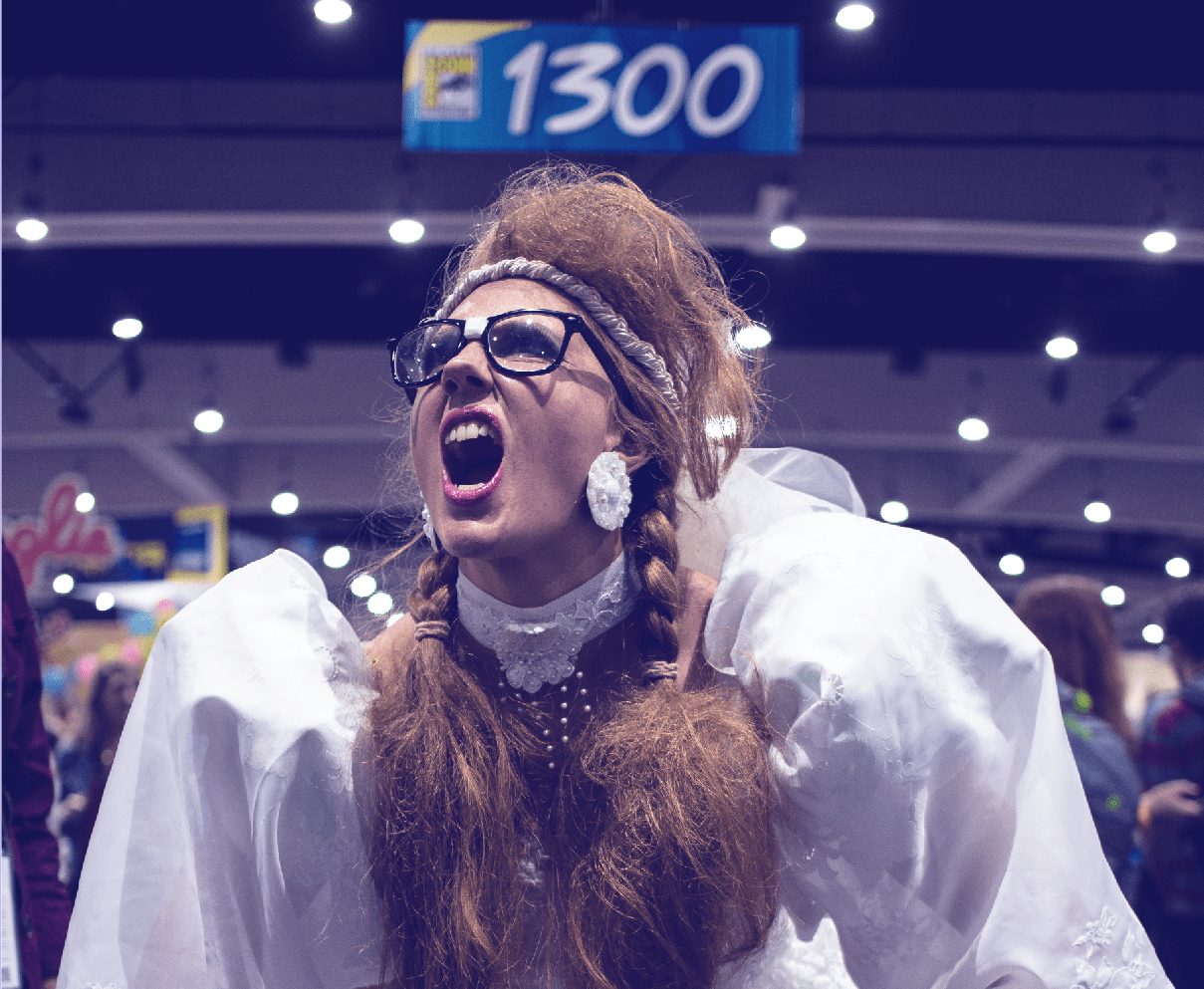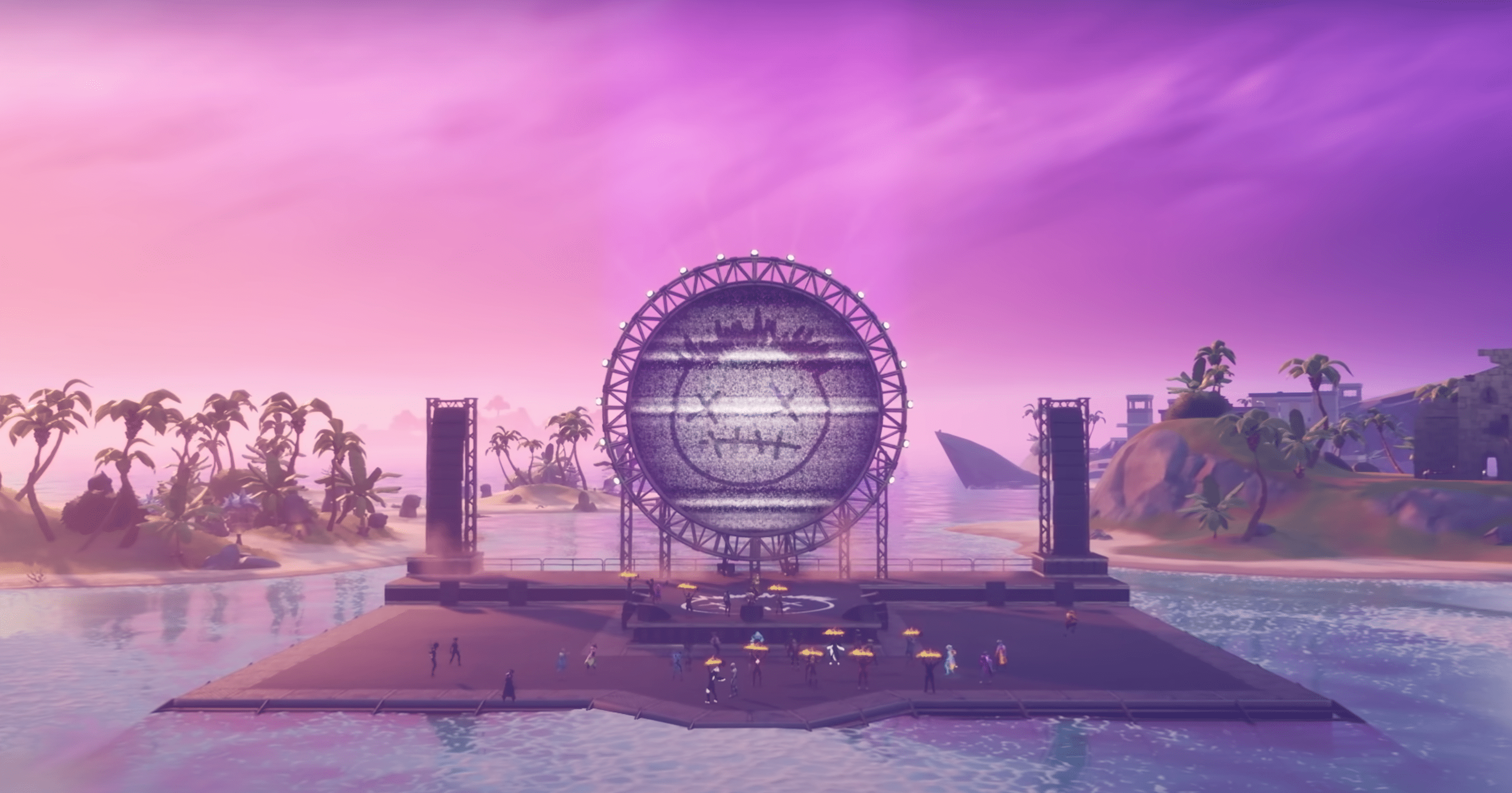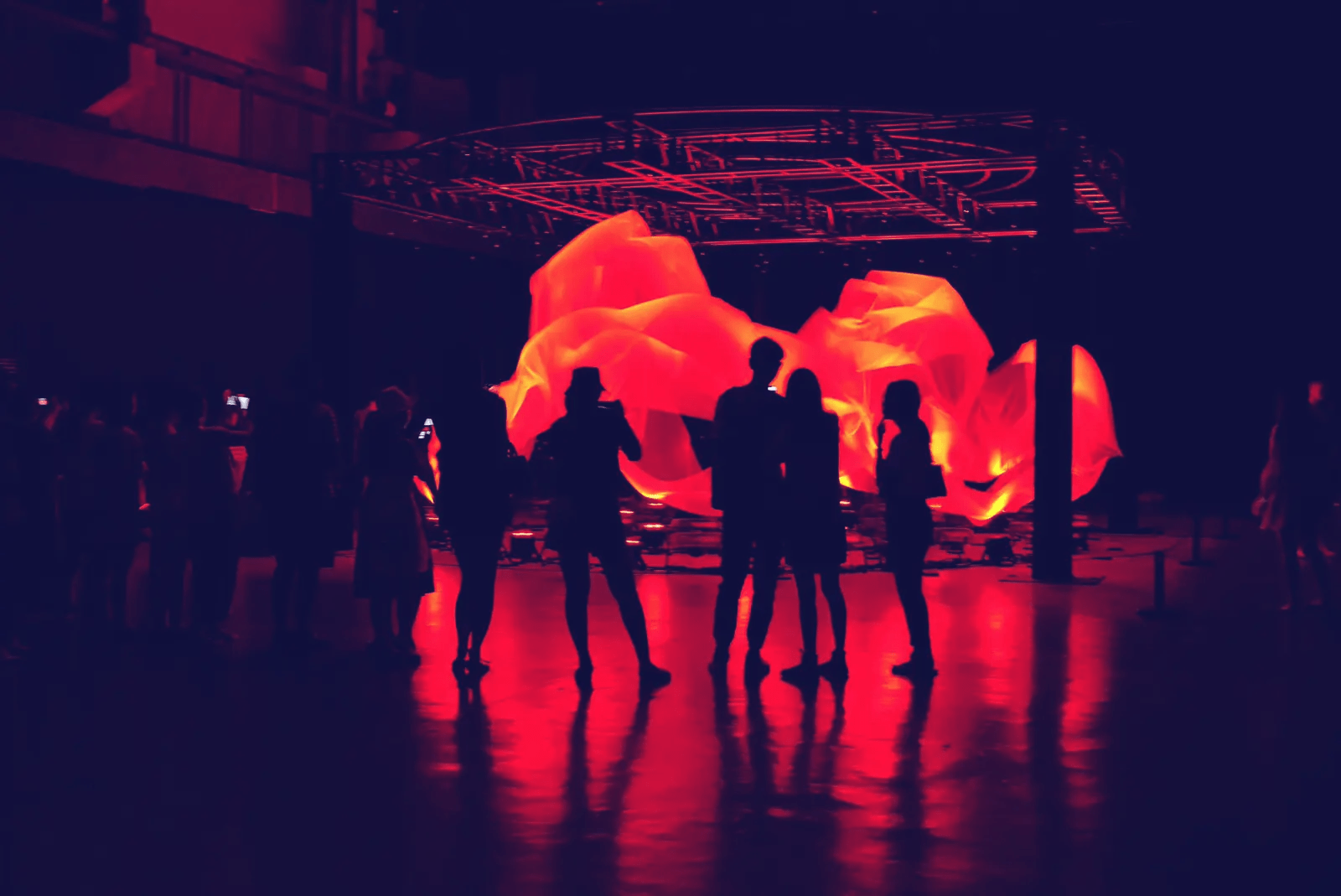How do you replicate Comic-Con virtually? You can’t.

San Diego Comic-Con is world famous not just for its scale, but also for the mind-blowingly eclectic geek-dom. Packed into one expo hall, cosplayers, celebrities and nerd culture pioneers all showcase the best (well, in their realms) in entertainment. Comic-Con achieves a core tenet of XP — it makes you feel something. Sure, the first feeling is overwhelmed, but as you explore live activations and panels, meet people with similar interests and play a not-yet-released video game with a stranger, you feel connected to — and on the cutting edge of — pop-culture-meets-geek culture. And that's a pretty cool place to be. You can’t help but leave San Diego Comic-Con wanting more. It seems pretty obvious that there’s no real way to replicate IRL Comic-Con, so it was disappointing — and puzzling — that the free five-day event attempted to do just that. Cut to this year's virtual substitute, Comic-Con @ Home, which also left you wanting more, but not in a good way. It seems pretty obvious that there's no real way to replicate IRL Comic-Con. So it was disappointing — and puzzling — that the free five-day event attempted to do just that. It should have created a new experience truly...



